Why does your vision blur after prolonged computer or phone use?
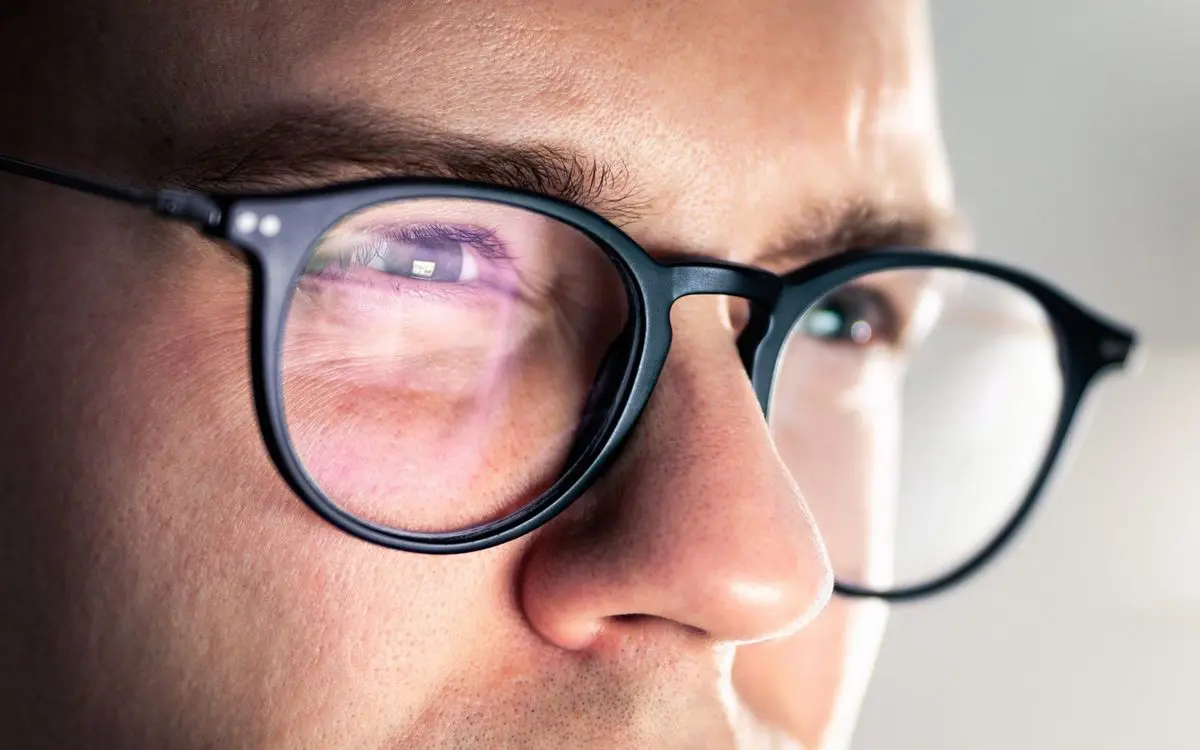
Blue light reflection on glasses causes blurred vision when using a computer.
Feeling blurred vision after long hours of computer work is a common issue today, especially among office workers, students, and those who frequently use digital devices. According to the American Optometric Association (AOA), up to 75% of computer users experience symptoms of Computer Vision Syndrome (CVS), with blurry vision being the most common sign.
This condition not only causes temporary discomfort but can also lead to long-term effects on vision and overall eye health if not properly managed.
When working for hours in front of a screen, the eyes must continuously focus while being exposed to blue light emitted by electronic devices. Blue light carries high energy, penetrating deeply into the retina and potentially damaging photoreceptor cells, especially in the macula — the area responsible for sharp, detailed vision.
Moreover, habits such as infrequent blinking, sitting too close to the screen, reading small text, or working under poor lighting can cause the eye surface to lose its natural moisture. As a result, the eyes become dry, irritated, and temporarily blurred — especially when looking at distant objects or during late hours. A study by the National Eye Institute found that computer users blink 60% less frequently than normal, causing the tear film to evaporate more quickly and leading to blurred vision and eye fatigue.
How to recognize blurred vision caused by Computer Vision Syndrome

Working on computers for long hours leads to eye strain and blurred vision.
Many people don’t realize their eyesight is deteriorating due to excessive screen time. Common symptoms include:
- Blurry vision when looking far away, especially after prolonged work.
- Heavy eyelids, eye pain, or a sensation of sand or film covering the eyes.
- Dry, watery eyes or sensitivity to bright light.
- Headaches, neck or shoulder pain, and dizziness after long screen use.
- Insomnia or poor sleep caused by nighttime blue light exposure.
If you frequently experience blurred vision that doesn’t improve with rest, it may indicate visual strain or damage. In such cases, it’s essential to visit an eye specialist for examination and timely correction.
The impact of blue light on the eyes
Blue light from computers, phones, and TVs has short wavelengths and high energy, capable of passing through the cornea and lens to reach the retina. Research shows that prolonged exposure to blue light can accelerate macular degeneration, reduce distance vision, impair low-light vision, and cause temporary or persistent blurred vision.
In addition, blue light inhibits the production of melatonin — the hormone that regulates sleep — making it harder to fall asleep or achieve deep rest. Over time, this indirectly contributes to declining visual performance.
How to prevent and relieve blurred vision from computer use

Dry eyes reduce distance vision and cause temporary blurriness.
To protect your eyes and minimize blurry vision, apply these principles:
- Limit screen time, especially at night. Use blue light–blocking glasses or screen filters. According to the Vision Council, more than 65% of users feel more comfortable when regularly wearing blue light protection glasses.
- Blink frequently to keep the eyes naturally lubricated. If irritation occurs, use preservative-free artificial tears as advised by your doctor.
- Follow the 20-20-20 rule: every 20 minutes, look at something 2 meters away for 20 seconds to relax the eye muscles.
- Maintain a distance of at least one arm’s length (50–60 cm) between your eyes and the screen, and position the screen slightly below eye level. Sit upright to avoid neck and shoulder strain.
- Adopt a diet rich in vitamin A, lutein, zeaxanthin, and omega-3,6,9 to support retinal health. Foods such as carrots, salmon, eggs, broccoli, and spinach are highly beneficial for the eyes.
According to the American Journal of Ophthalmology, individuals who regularly supplement lutein and zeaxanthin have a 40% lower risk of developing macular degeneration compared to those who do not.
When should you see an eye doctor?
If you often suffer from blurred vision, dryness, headaches, or eye fatigue lasting more than a week, avoid self-medicating with over-the-counter eye drops. Instead, consult an eye specialist for refraction testing and assessment of your macula and tear function.
In many cases, blurred vision after computer use may mask progressive myopia or accommodative dysfunction — especially among young adults. Early detection allows for proper correction with glasses or medical intervention, preventing future vision complications.
Tips for maintaining clear and healthy vision
Technology makes life easier, but it also requires us to take proactive care of our eyes. Build smart screen habits, balance work and rest, and schedule regular eye checkups. If needed, consult reputable eye clinics for professional advice and tailored eye care solutions.
Blurry vision after working on a computer is not merely a temporary symptom but a warning sign of Computer Vision Syndrome. Protecting your eyes with healthy habits, proper nutrition, and regular examinations will help you maintain clear and healthy vision every day.

 vi
vi 31-Oct-2025
31-Oct-2025

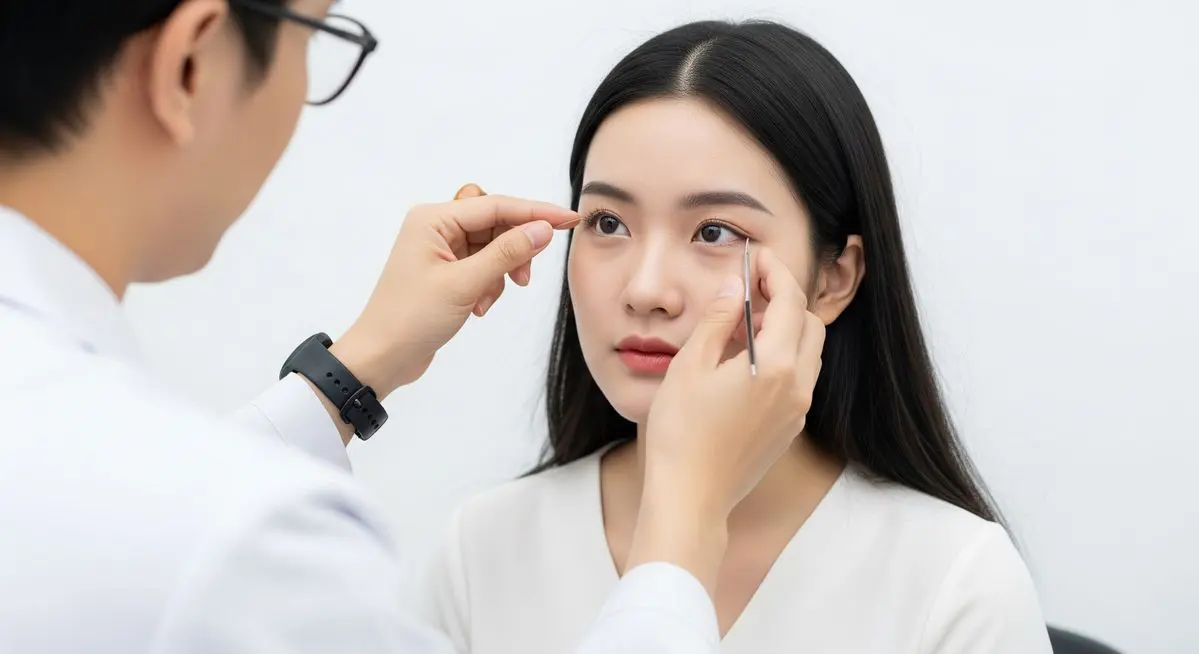
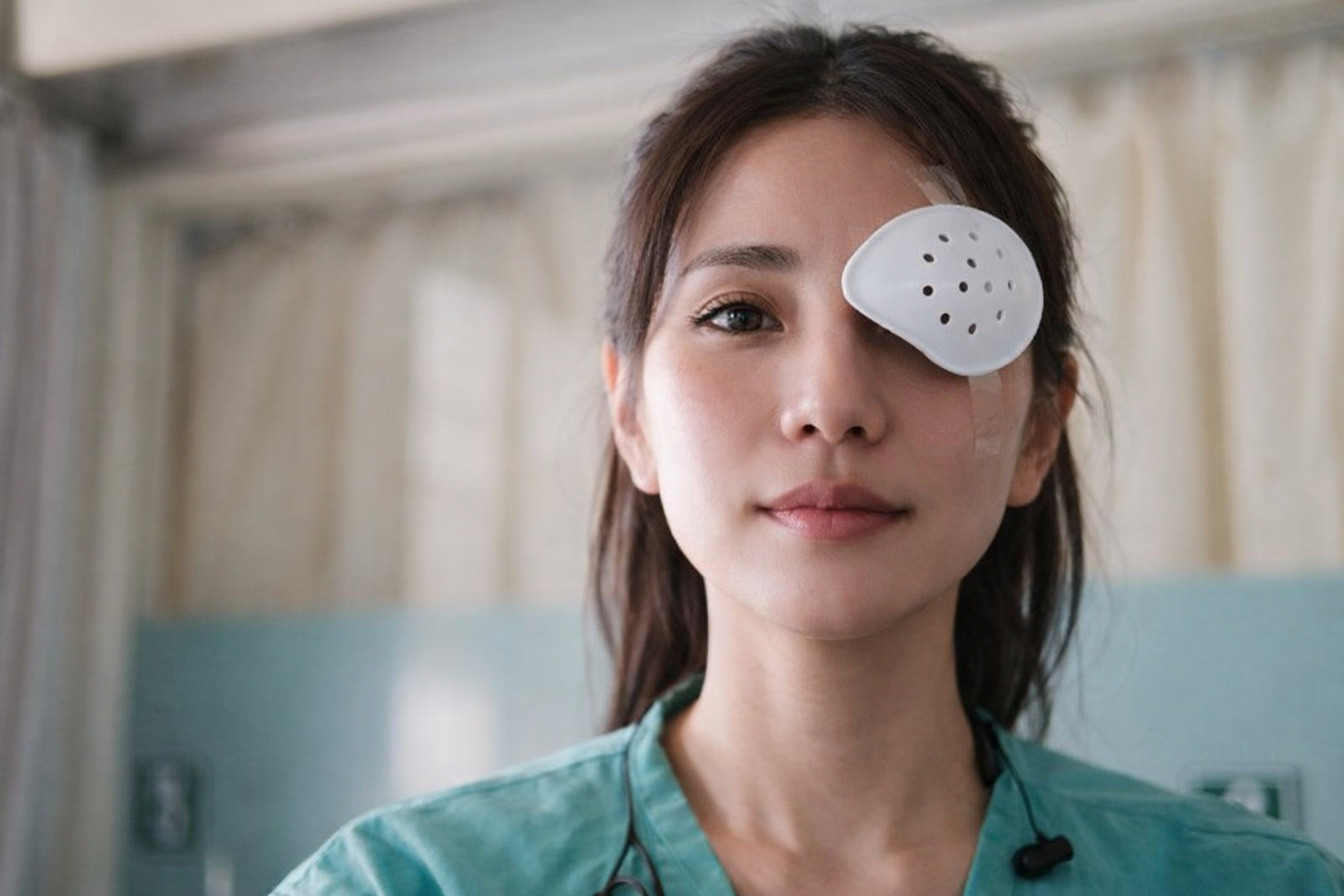







 0916.741.763
0916.741.763 Appointment
Appointment